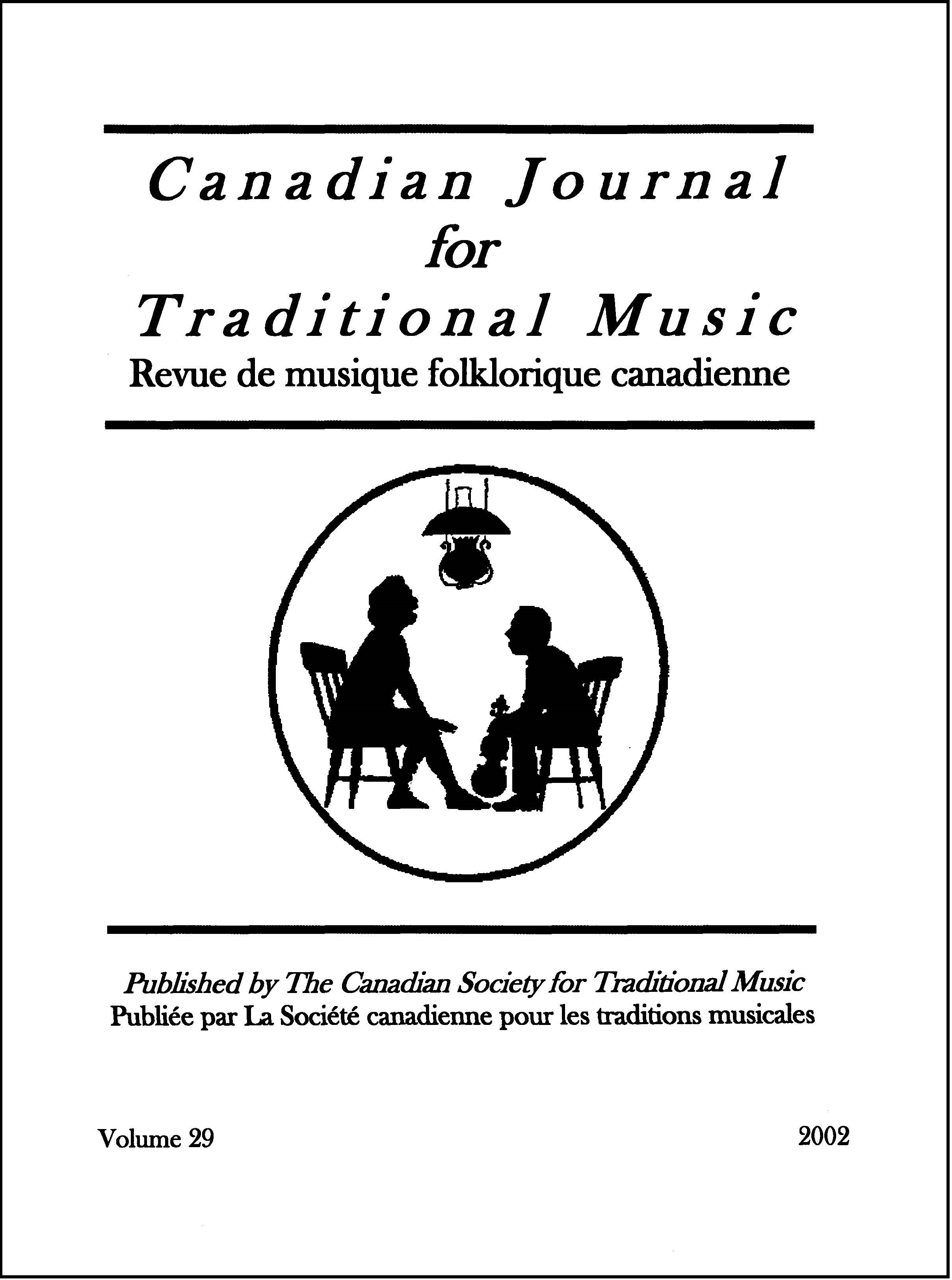Abstract
Although The English and Scottish Popular Ballads (1882-1898) was the most systematic and scholarly collection of vernacular ballads published in the Victorian era, Francis Child nonetheless omitted from his canon a large number of extant narrative songs, including many found on black-letter broadsides and others that he had printed in his earlier collection, English and Scottish Ballads (1857-64). This article explores Child's changing approach to ballad editing, discusses his ambivalence towards broadsides, and examines his selective use of texts discovered by English collectors during the Late Victorian folksong revival, with a view to explaining what kinds of material he discarded and why he did so.- The author retains copyright over the work.
- The author grants the journal owner (The Canadian Society for Traditional Music / La Société canadienne pour les traditions musicales) an exclusive license to publish the work.
- The author may post a pre-print or post-print version of the work (see definitions below) on a personal website for up to twelve months after the work is published in MUSICultures. After twelve months, the pre-print version must be replaced with the published version.
- The author may deposit the published PDF of the work in a non-commercial online repository twelve months after the work is published in MUSICultures, or any time thereafter.
- Any such deposit must include a link to the work on the MUSICultures website, e.g., https://journals.lib.unb.ca/index.php/MC/article/view/19996
A pre-print is a work-in-progress—a contribution not yet accepted, or perhaps even submitted, to MUSICultures.
A post-print is the version of a contribution after peer review and acceptance by MUSICultures, with revisions completed.
The published version is the PDF file of a contribution as it appears in MUSICultures.
Please note that academia.edu and ResearchGate.com are both for-profit repositories; authors may not deposit the published PDF of the work in these repositories until after the journal’s embargo period.
For permission to reprint or translate material from MUSICultures, please contact Heather Sparling, General Editor of MUSICultures (heather_sparling@cbu.ca).

